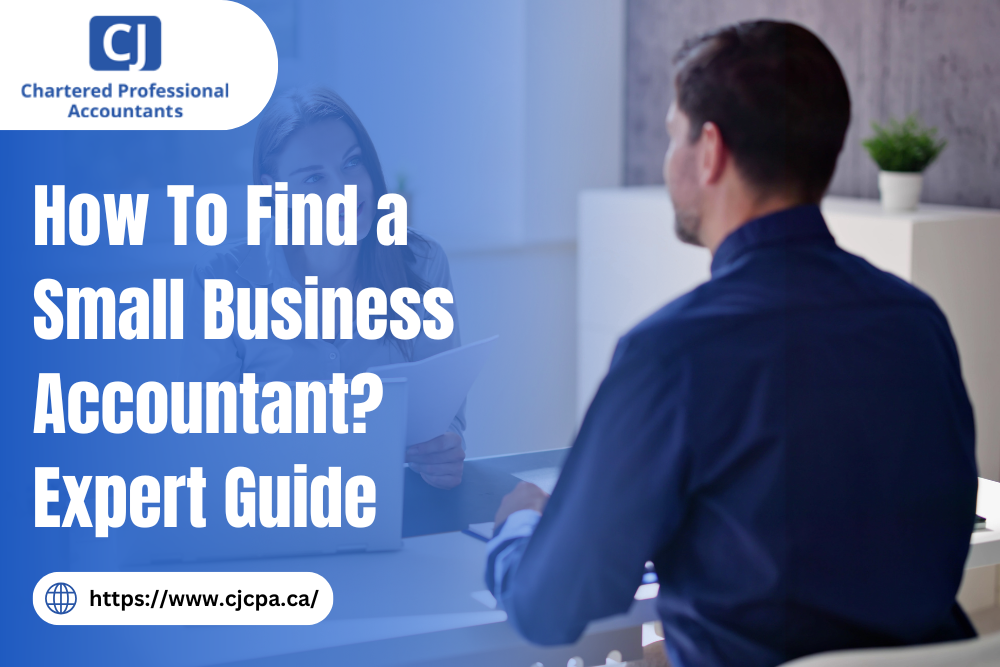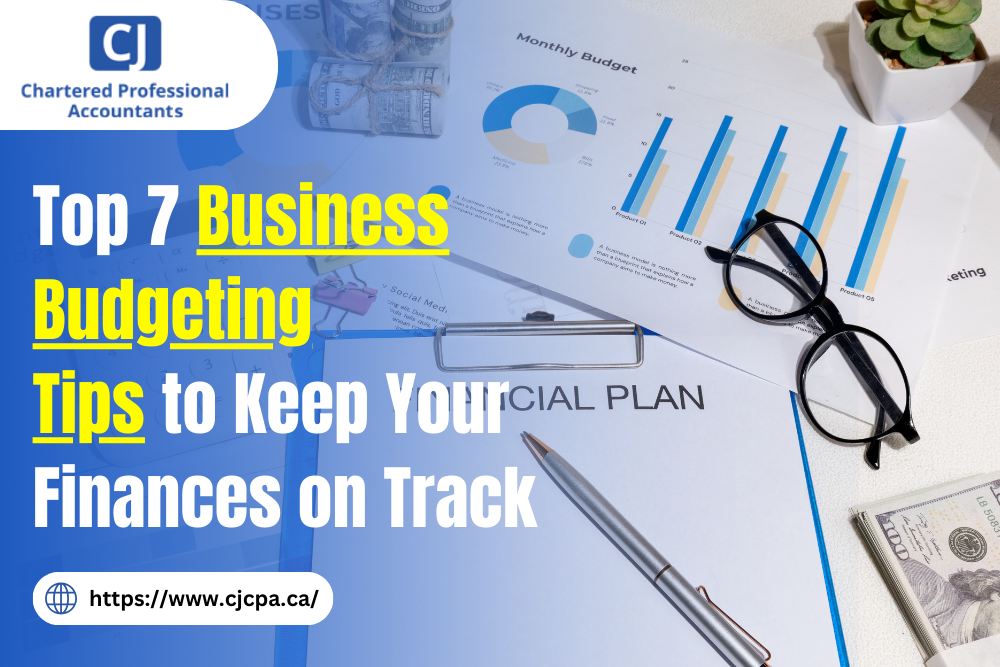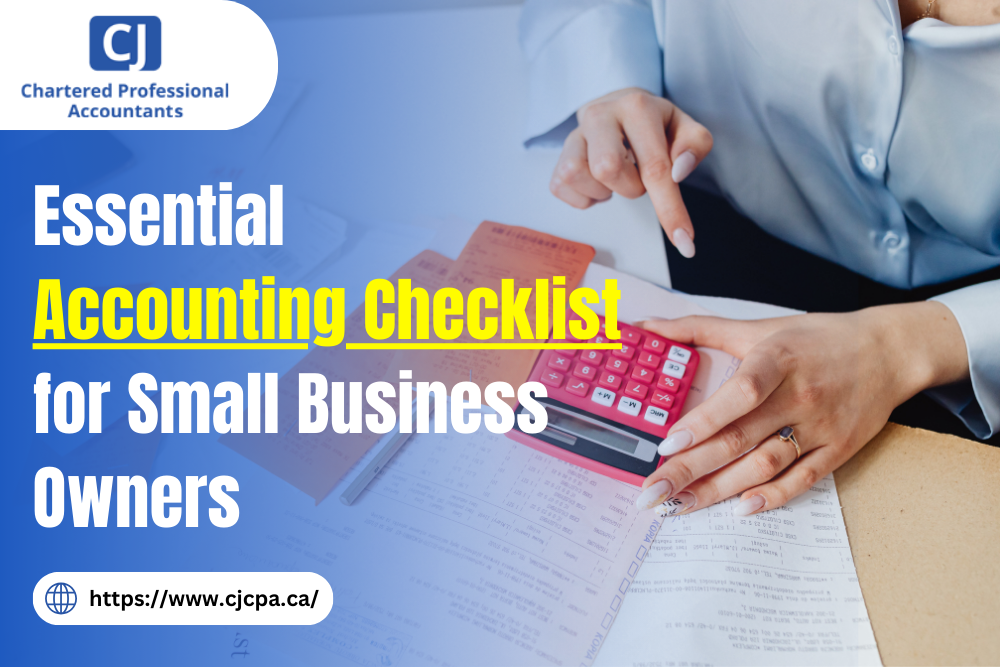How To Find a Small Business Accountant? Expert Guide
Stay updated with current accounting standards, business compliance, tax preparation tips, and latest news.

26 Sep 2025
Finding the right accountant isn’t always straightforward between industry expertise, fee structures and trust, there’s a lot to weigh as a small business owner. The right accountant can do more than just file taxes; they can guide you with financial planning, help you stay compliant and even identify opportunities to save money and grow. But with so many options available, it’s easy to feel unsure about where to start. Should you rely on referrals, check professional directories or compare online reviews? This guide breaks it down step by step, making it easier to find a small business accountant who truly fits your needs.
TLDR
To find a small business accountant start by researching online and checking professional CPA directories. You can also ask other business owners for referrals to see who they trust. Then, look at online reviews and schedule consultations to find someone who feels like the right fit and can be a financial partner for your business, not just a bookkeeper. Most importantly, choose someone you can trust and build a long-term relationship with. A good accountant isn't just about managing your books; they're a financial partner who helps your business grow.Why Do Small Businesses Need an Accountant?
Many entrepreneurs think they can handle accounting on their own. While that might work in the very early stages, most small businesses quickly realize that an accountant brings much-needed expertise and peace of mind. Accountants help reduce financial risks, ensure compliance with regulations and allow owners to focus on business growth instead of paperwork. In short, they provide both protection and strategic direction.4 Steps To Find A Small Business Accountant
These are a few of the most effective ways to find a good business accountant who can guide you from day one.1. Use Referrals from Peers and Professional Networks
One of the easiest ways to find a good business accountant is by asking around. Start with:- Other small business owners in your industry.
- Your banker, lawyer or business advisor.
- Local business associations or chambers of commerce.
2. Leverage Professional and CPA Directories
Professional directories are another reliable option when finding a small business accountant. In Canada, every province has a CPA association (for example, CPABC in British Columbia). Their directories allow you to:- Verify credentials and CPA licensing.
- Search accountants based on location or specialization.
- Avoid unqualified individuals who may not meet professional standards.
3. Search Online & Read Reviews
If you’re unsure where to start, an online search for “find a small business accountant near me” is a good first move. But don’t just stop at Google. Also check:- Industry directories or professional association listings (such as CPA Canada).
- Google Reviews for client testimonials and star ratings.
- Firm websites for service offerings and areas of expertise.
4. Interview Prospective Accountants / Schedule Consultations
Finding the right accountant isn’t just about qualifications, it’s also about fit. That’s why consultations are important. During interviews, ask questions like:- How long have you worked with small businesses like mine?
- What services do you include in your packages?
- Do you specialize in tax planning, bookkeeping, or financial advisory?
- How do you structure your fees?
Questions to Ask Before Hiring a Small Business Accountant
Before making a decision, it’s important to ask the right questions. Here are some that can guide you:- How many years of experience do you have working with small businesses?
- Have you worked with businesses in my industry?
- How do you structure your fees: hourly, monthly or fixed packages?
- Can I know about a few of your existing clients?
- How proactive are you about tax planning and business advice?
What to Avoid When Choosing an Accountant
While choosing the right accountant for your small business, it’s equally important to know when to walk away. Some warning signs include:- Lack of credentials – If they aren’t a CPA or can’t provide proof of qualifications.
- Poor communication – Taking too long to respond or giving unclear answers.
- No references – Reluctance to share client testimonials or case studies.
- Overpromising – Guaranteeing unusually high tax savings or “loopholes.”
- Hidden fees – Unclear billing structures that may surprise you later.
Check for Trust & Fit
Finally, the most important step in finding a small business accountant is trust. This is the person you’ll be sharing sensitive financial information with, so you need to feel comfortable. Signs of a good fit include:- Clear, straightforward communication.
- Responsiveness when you have questions.
- Willingness to act as a partner, not just a tax filer.


